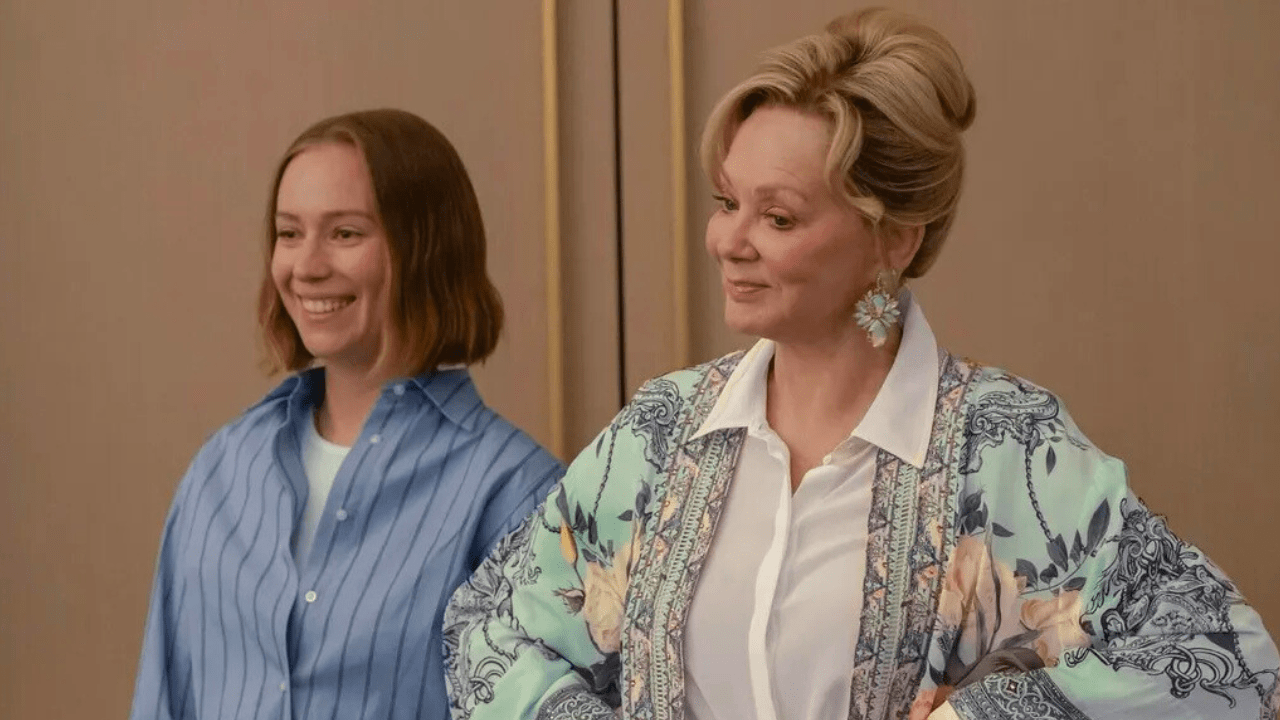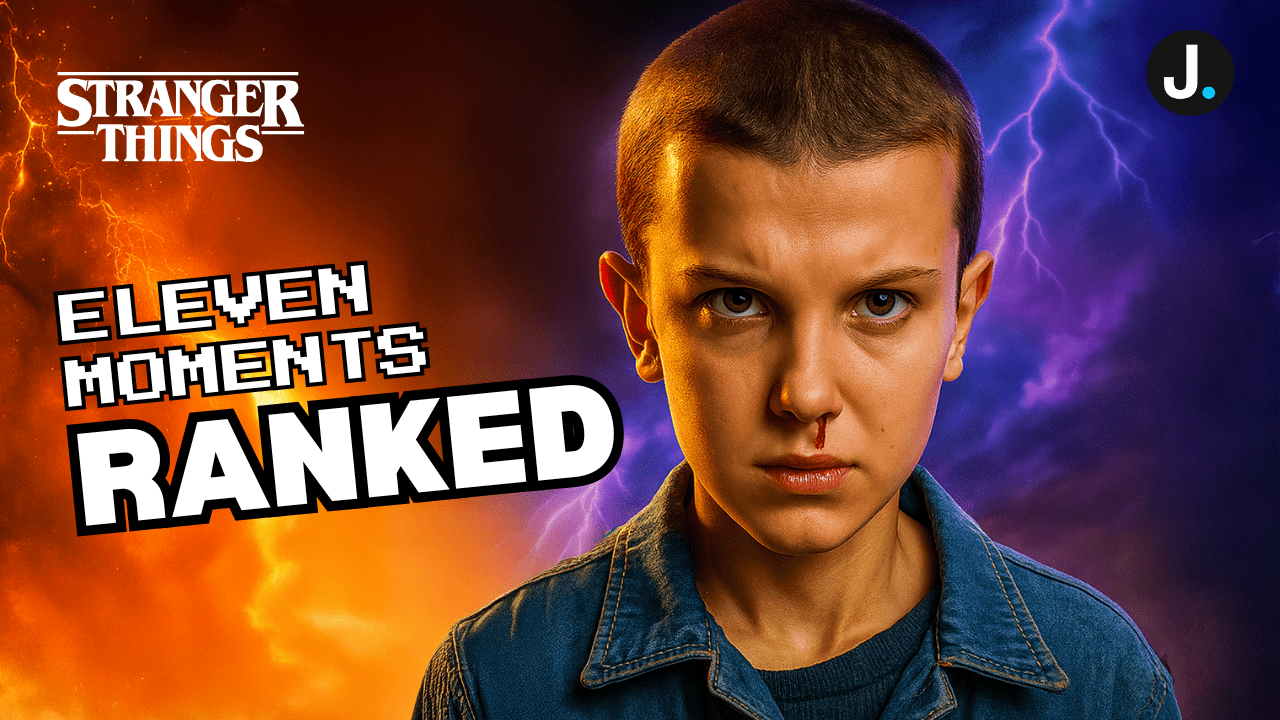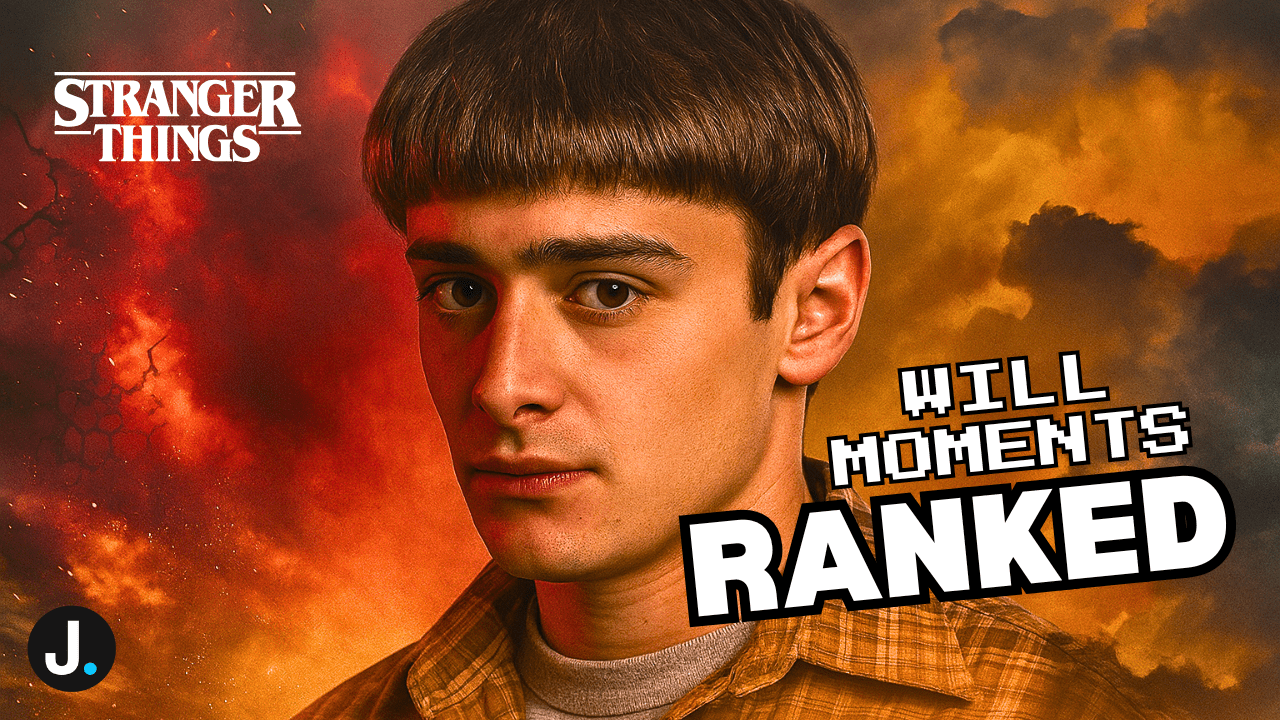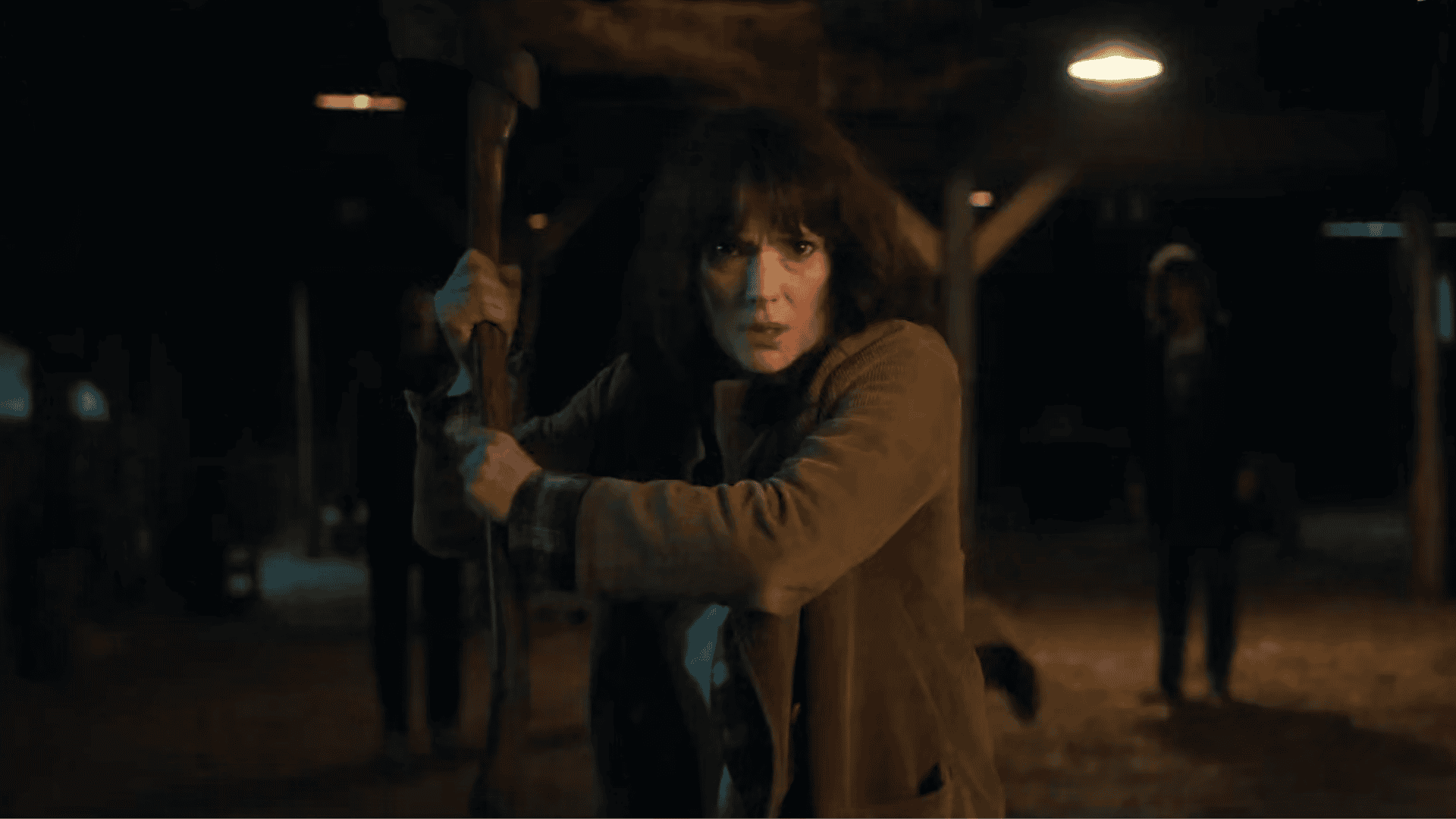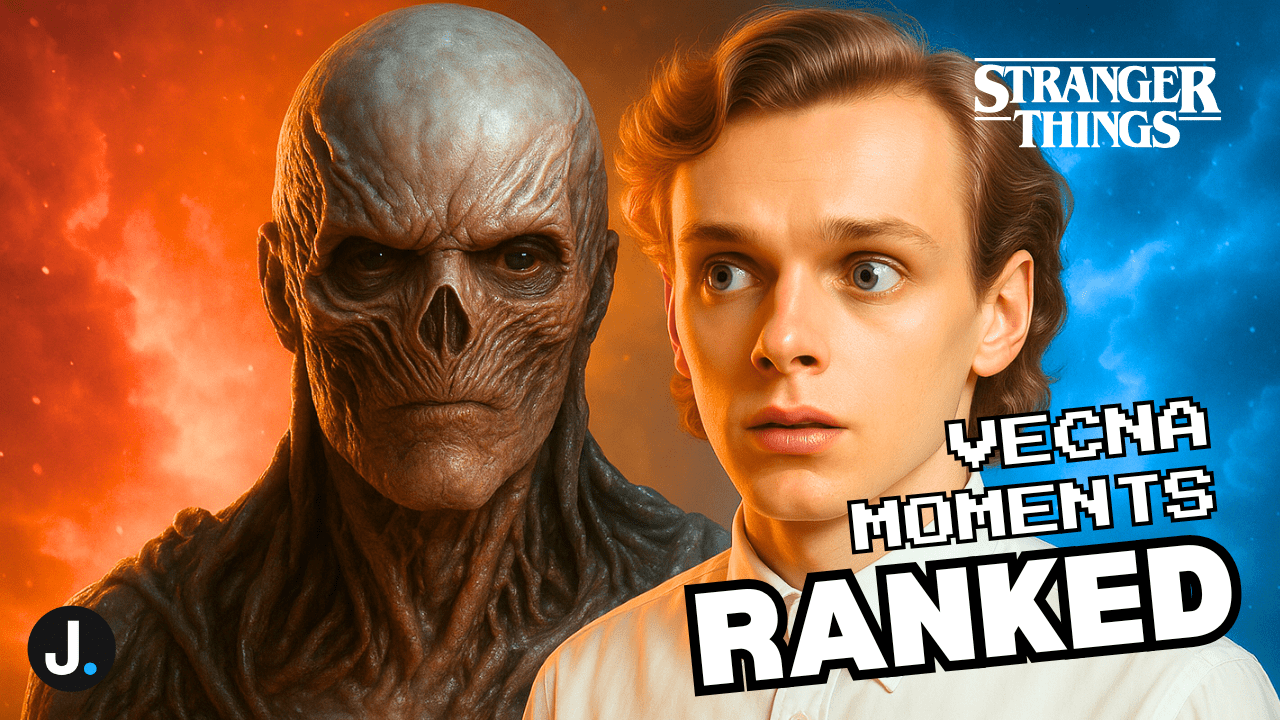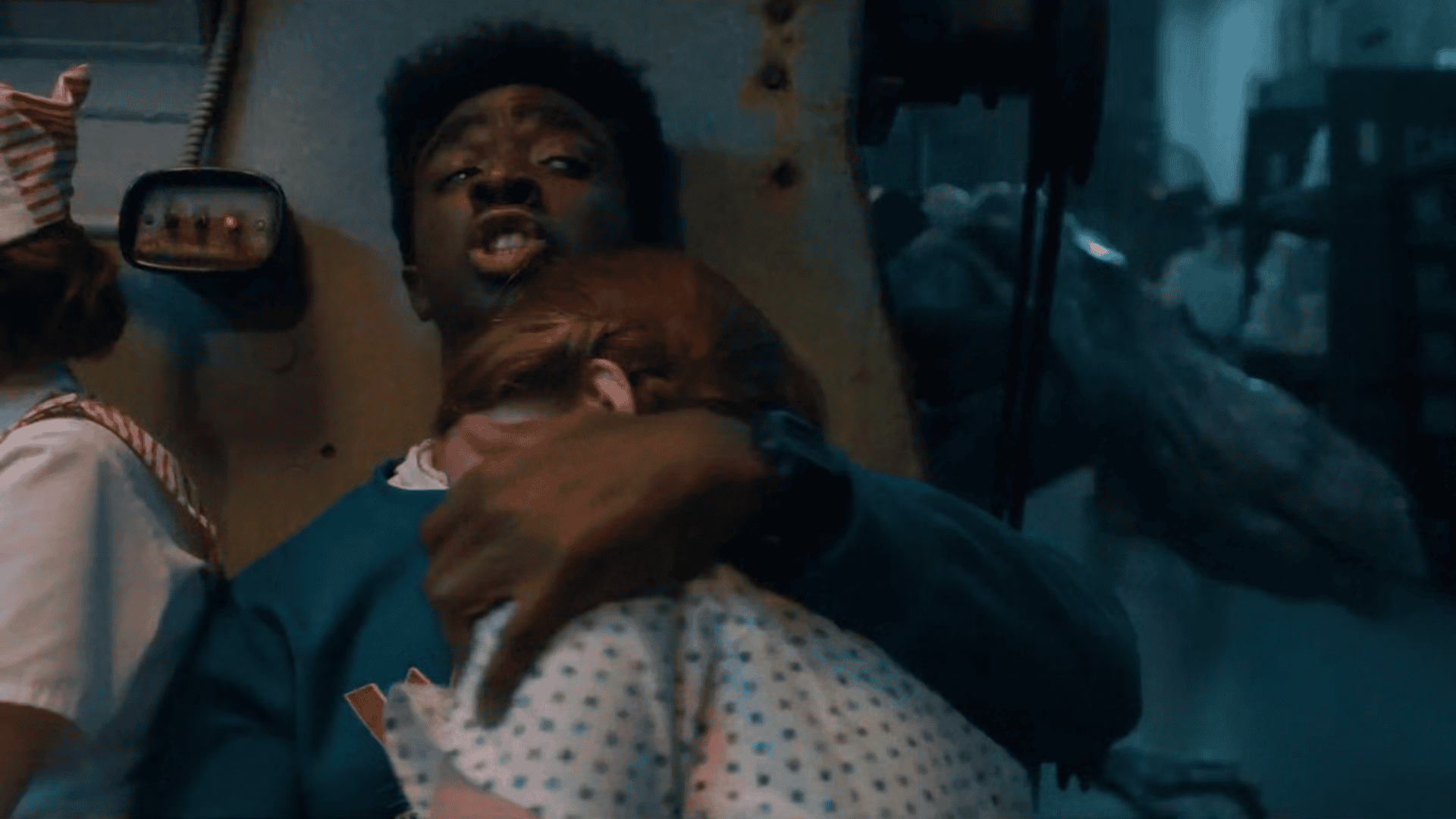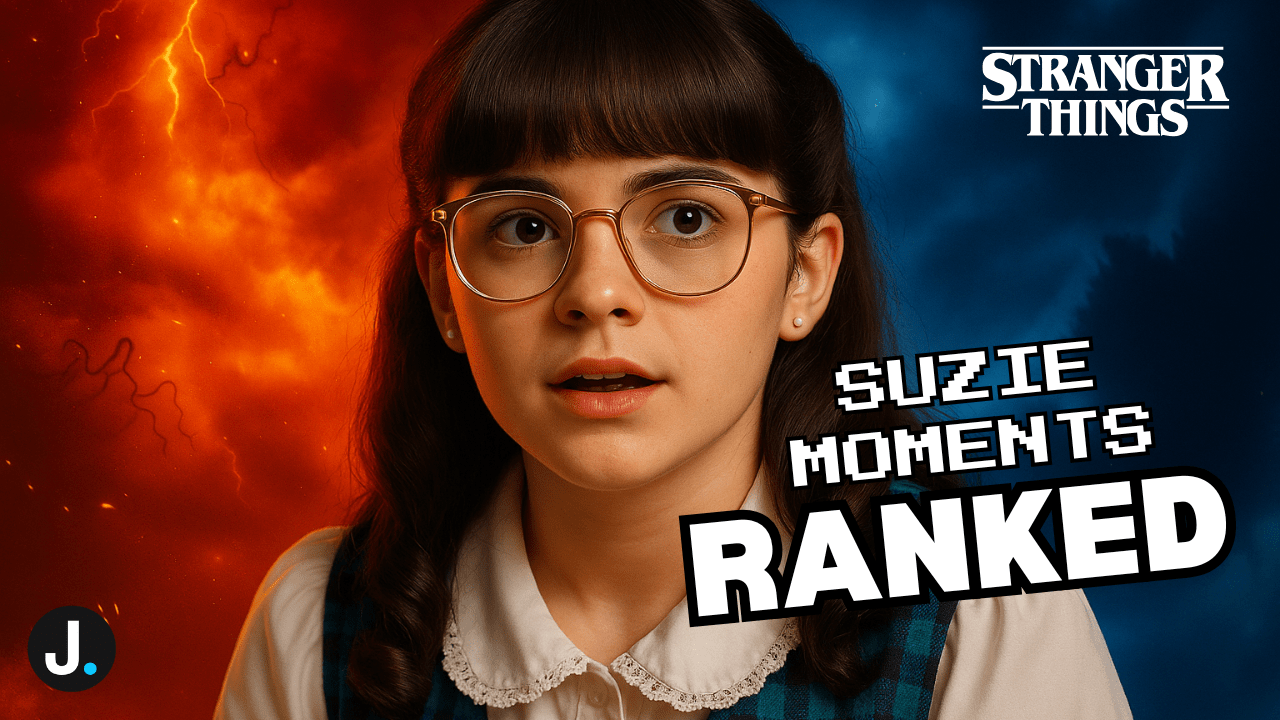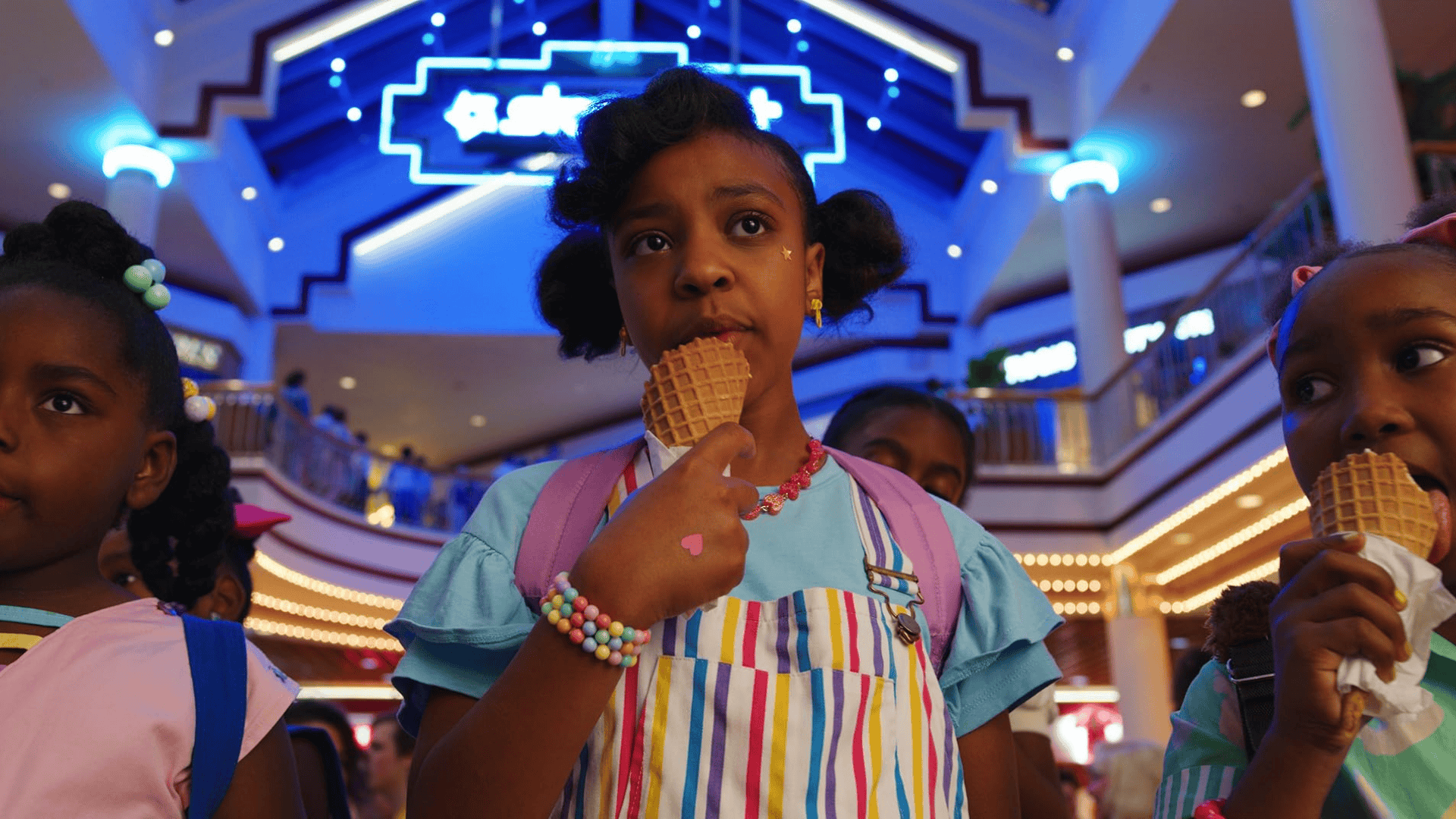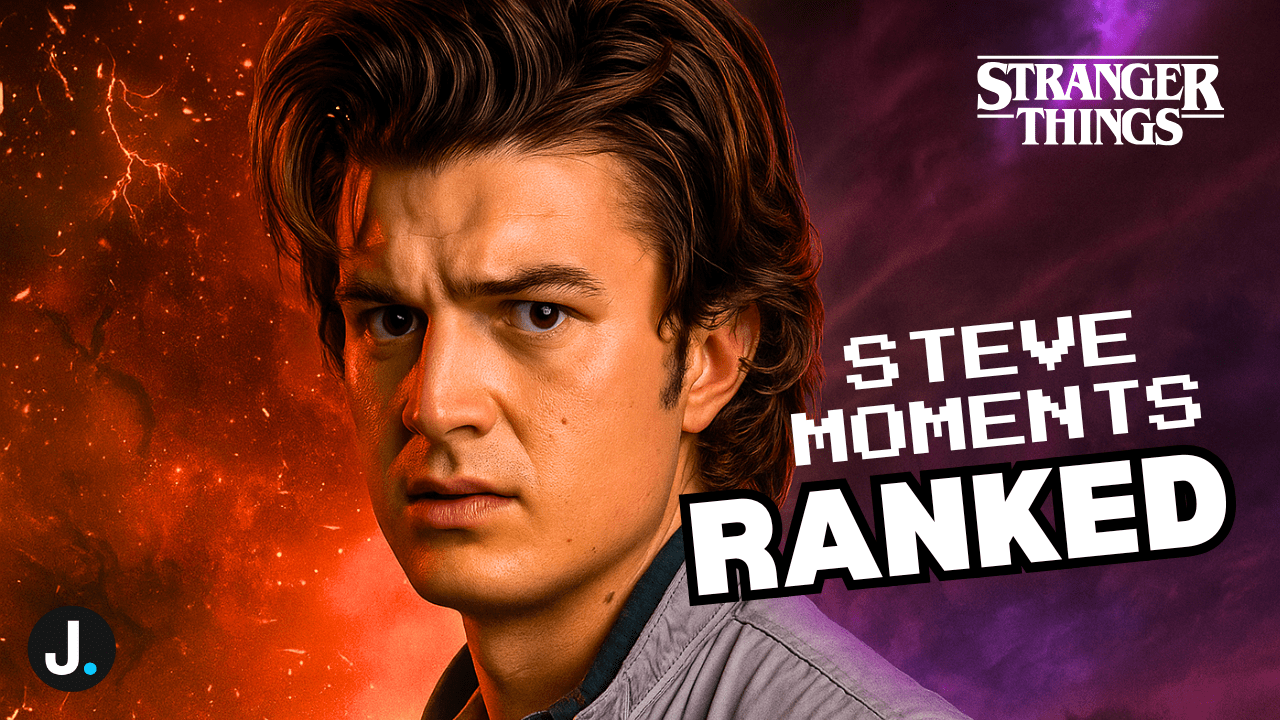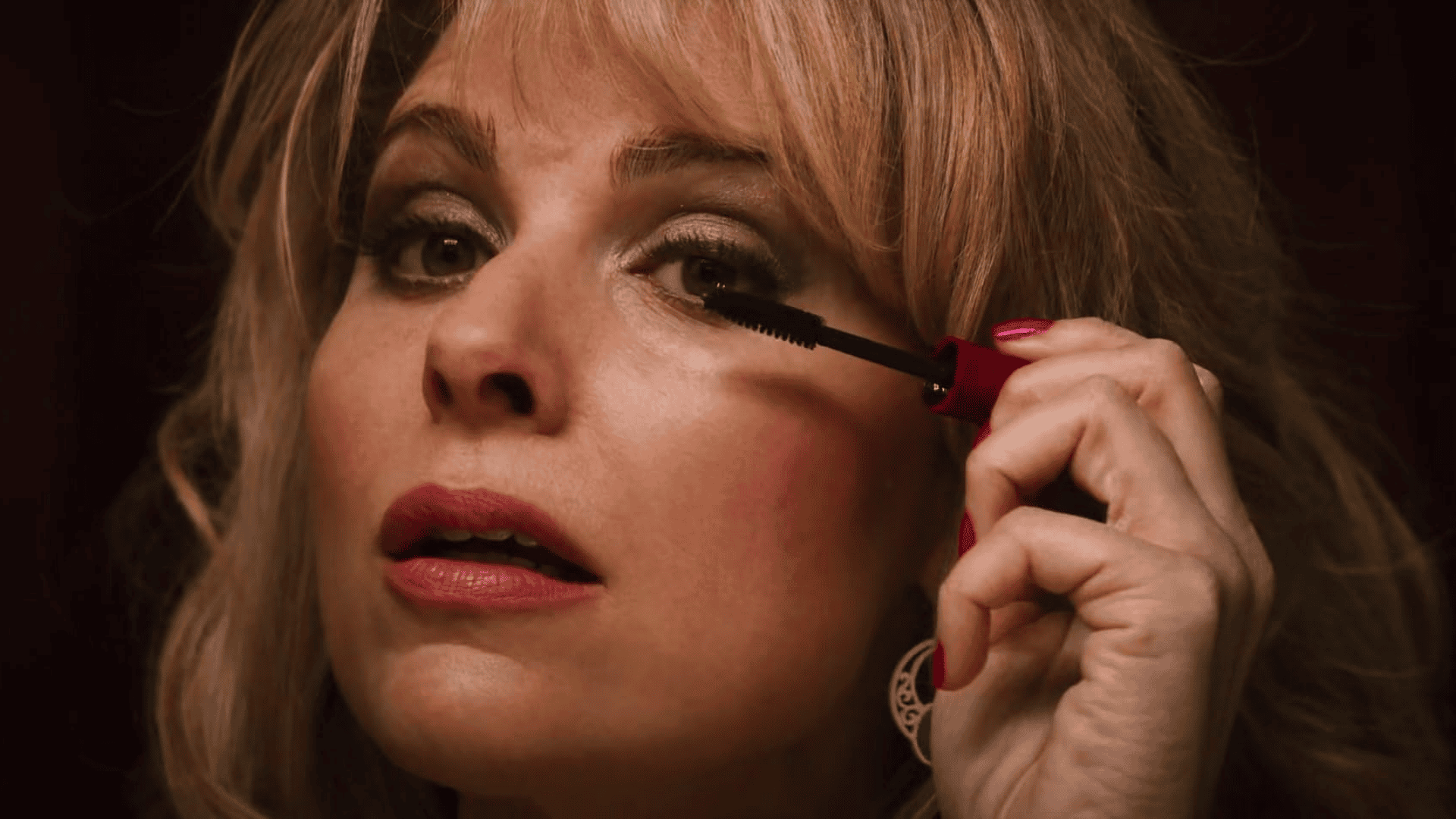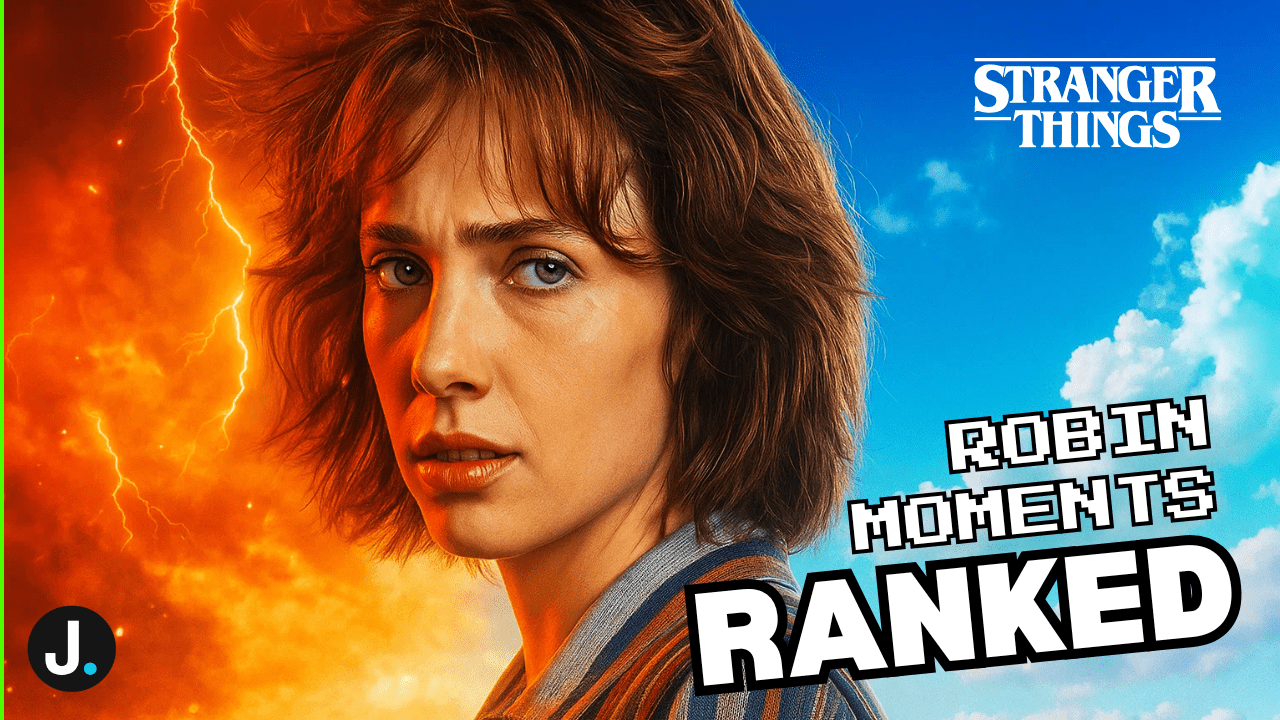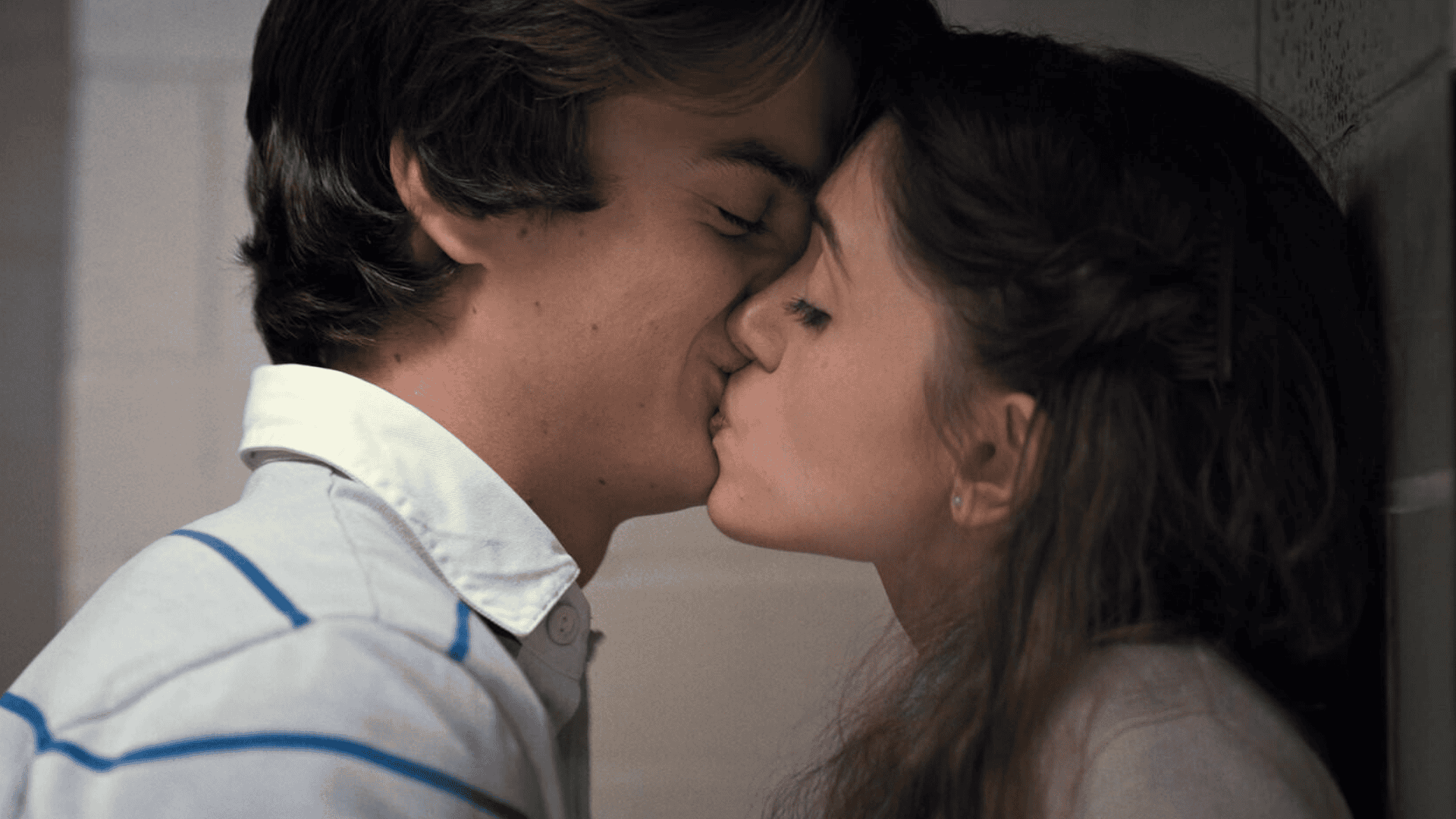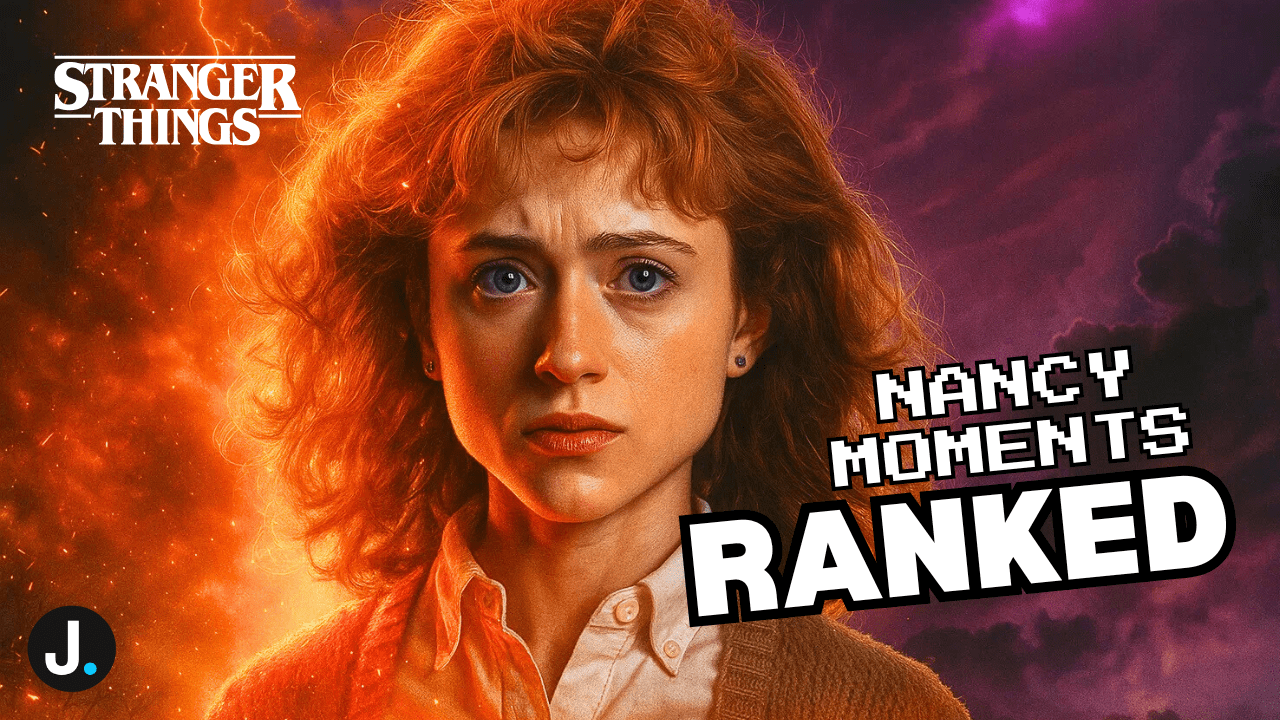It's the comparison we get endlessly. Is Hacks really like The Marvelous Mrs. Maisel, or is that just because it’s about two women in comedy? Perhaps if Midge Maisel had been born decades later, didn’t have Susie by her side, and was suddenly staring down the barrel of irrelevancy, she might look a little like Deborah Vance.
For those new to the series, Hacks follows legendary Las Vegas comedian Deborah Vance (Jean Smart), a trailblazing, Joan Rivers-esque figure whose career is both an empire and a gilded cage. When she’s pressured to update her act, she reluctantly teams up with Ava Daniels (Hannah Einbinder), a millennial comedy writer whose own career imploded after a controversial tweet. What begins as a begrudging working relationship evolves into a tangled mentorship - part friendship, part battle of wills - as both women navigate shifting power dynamics in the comedy industry.
This isn’t another burnout millennial story however - though Ava (Hannah Einbinder) certainly flirts with that territory. There are a few nods to TikTok, a bit more drug use, and the main character is bisexual, but the writing still feels steeped in millennial sensibilities despite being released in peak Gen Z territory. Even the plot point about her being unable to find work because of a tweet feels dated. In 2025, Twitter is irrelevant to Gen Z, it's ridiculously called X and is a playground for bots. It makes sense, given Season 1 first aired in 2021 - possibly delayed by the pandemic - but culturally, some of these beats feel a little behind.
Where Hacks does land is in its portrayal of Deborah Vance biting back at the younger generation. This isn’t the tired “once-successful woman doesn’t know how to use a phone and needs the young person to teach her” setup. Deborah is a mess, yes but she’s a successful mess who knows exactly what she’s doing strategically and could do things on her own without Ava - they just might not be as successful.
The show has heart, though sometimes in obvious doses - like when DJ gets married in a drive-through chapel while her mother watches on FaceTime. Still, the dynamic between Deborah and Ava is compelling because it’s reciprocal. Ava is digitising Deborah’s archives, uncovering decades of material, and in the process discovering that some of Deborah’s instincts aren’t wrong. Unlike many intergenerational shows that declare “young people right, old people wrong,” Hacks lets them learn from each other.
With Deborah’s long, storied career and personal life, the writers have endless material to mine. Nothing in Season 4 feels out of place, but there’s a risk that the formula of “shocking anecdote - but it was the ’70s, so it was fine” could start to feel stale if it continues unchecked.
Jean Smart remains magnetic, finally unleashed in a role large enough to hold her talent. Hannah Einbinder plays Ava’s desperation beautifully, embodying the awkward discomfort of trying to “make it” in life - sometimes to the point where it’s hard not to reflect on your own career.
Not all detours work. Ava turning up at Marcus’ home and chatting with his mother feels oddly disconnected. It does, however, shed light on how her presence changes the lives of those in Deborah’s orbit. We’re left asking: does proximity to wealth bring success? It doesn’t seem to bring happiness. Marcus’ relationship with Deborah is murky enough for him to swipe her liquor and hook up in her hallway while she’s away getting a blepharoplasty.
And of course Deborah’s daughter is a likeable deadbeat with no legitimate income, instead running a dubious jewellery business. Kaitlin Olson’s recognisable real-life success as an actor and comedian almost jars with the character’s failure.
British viewers may find Deborah’s status as an untouchable, money-is-no-object megastar a little alien. There aren't really Deborah Vances. British comedy icons - Ricky Gervais, Peter Kay, Lee Evans, Michael McIntyre, Billy Connolly, Morecambe and Wise, Ronnie Barker, David Jason. Mainly men. However the women who stand out include Jennifer Saunders, Dawn French, Sarah Millican, Victoria Wood, Caroline Aherne - all of whom skew straight, white, and often reliant on a certain type of observational "female" humour. Chocolate consumption, pubic hair, tampons, the occasional punchline about wanking.
There’s an appetite in Britain for the next generation of female comedians to be put on screen but with stories that reflect real life. More that are Gay, diverse, layered.
One of the trickier aspects of Hacks is making a comedy show about comedians, which means the writers have to craft the actual comedy material. Is it meant to be funny for the characters’ fictional audiences, or for us? There are several set pieces designed for Deborah and Ava to trade barbs like gunslingers in a Western, and while they pack a punch, they sometimes fall short for British tastes that crave more wit than shock. Just because you've said a swear word and called someone a rude name doesn't make it funny.
The seasons still deliver emotional beats, though a few are a little on-the-nose. Both women continue to learn uncomfortable truths about themselves, the Las Vegas suicide subplot adds unexpected gravity, and the heart at the centre of Hacks - though still developing - remains its most valuable asset.
It’s a show that, much like Deborah Vance herself, refuses to be dismissed. You may not always like what it’s doing, but you can’t stop watching.

